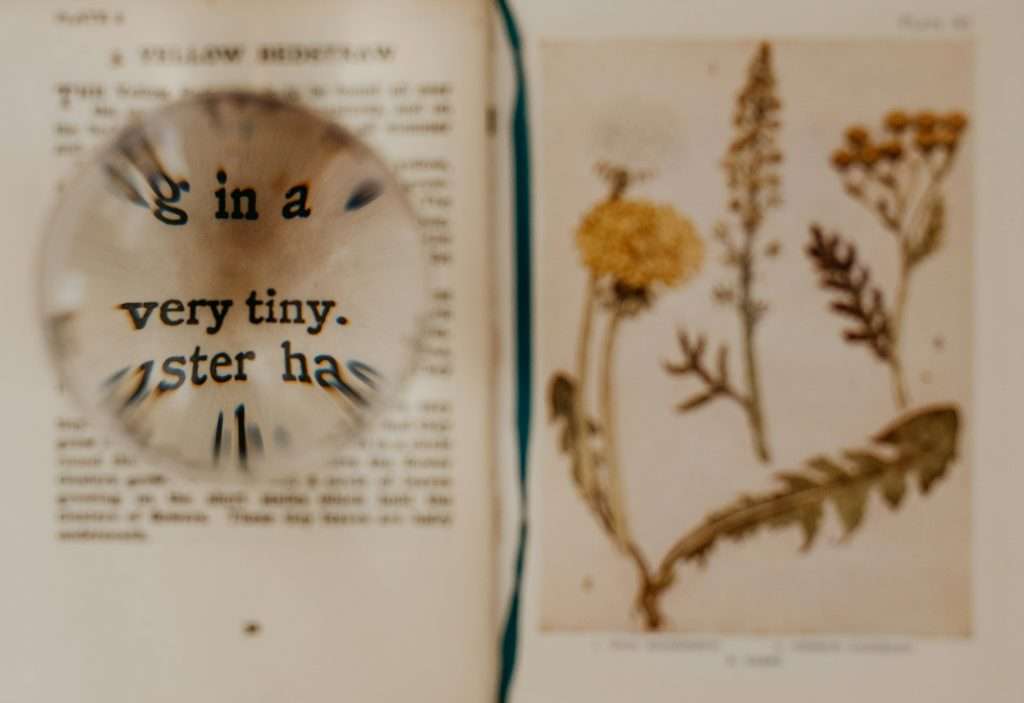Developmental editor Dr Andrew Hodges dives into the tiny world of short stories—and what those at the beginning of their writing journey can glean from the quick that they can’t get from the sprawling novels of speculative fiction.

The fiction publishing landscape can seem pretty intimidating at first: literary agents and book deals on one side, self-publishing authors marketing and discussing Amazon algorithms on the other. And then there’s the literary magazines and competitions seeking short stories.
Like mushrooms, some literary magazines seem to spring up overnight and then disappear just as quickly. And they are so different! You have magazines linked to universities and creative writing programs, niche genre magazines, experimental magazines. And then there are the competitions – some excellent, others moneymaking ventures with hefty fees attached.
Mix in a dose of literary rejection (yes, it’s inevitable) and it can all seem a bit intimidating or wearisome, depending on your energy levels.
But, good news! Once you know the lay of the land, it can be a fun and interesting world to navigate.
So, should you bother? Are short stories a useful thing to do if you want to be a novel writer?
Why should you write a short story?
Many good reasons exist to write a short story, whatever stage of your writing career you’re at. A great reason is because you find them fun or they suit your personality. For instance, I write YA fiction and short stories partly because I find it difficult to hold my attention over very long books.
That said, if you don’t like the format, don’t bother! Here are a few of my thoughts on why – from a writer who has submitted a handful of short stories and an editor who has edited lots!
For beginner writers
First, short stories are relatively low stakes. You can probably draft one in an hour or two. Low stakes is good because there’s value in seeing a project through to completion: going through drafting, revising, querying/submission, rejection, and – eventually – acceptance. If you’re new to writing and publishing, there is value in going through that workflow.
Low stakes also means relatively cheap. I’ve hired developmental (content) editors over the years to give me critique or detailed feedback on short stories. This has been incredibly helpful. Many authors are learning fiction craft as they write their first book or two. So there’s a lot to be said for going slow and getting feedback from both readers and trained professionals.
But hiring a developmental editor for a novel will set you back hundreds of pounds. Not so with a short story. So why not nail stuff like deep third POV or effective dialogue in a short story first?
It’s also a useful credit (but by no means essential) to have when querying a book manuscript – it signals that you’ve been through some kind of editorial process and have maybe even found a small audience for your work.

If you’re self-publishing, short stories have several benefits, too. A short story can be a great freebie to send out to your mailing list and get people interested in your writing and your world. And you can use them to learn the self-publishing ropes. I chose to self-publish a short story on Amazon KDP just so I could learn more about the self-publishing process. This could save you embarrassing delays or problems, which you’re more likely to have first-time round, from affecting your first novel release. And you’ll learn about the importance of marketing, too (or just sell six copies like me!).
You can also use short stories as a testing ground for craft points you need to work on. How you craft a short story will probably look quite similar to how you craft a novel chapter. My first drafts tend to be dialogue heavy with little description and internalisation. Knowing that, and learning about my weak spots through drafting and revising short stories, has helped me improve my craft a lot.
(Small things: Photo by Dylann Hendricks | 딜란 on Unsplash)
For intermediate writers
You’ve published a book or two and you’re building your audience. Short stories can help bring fresh readers in, especially if you publish in well-known literary magazines in your genre. You can also add to the lore of the world you’ve created or discovery-write something that might inspire a spin-off series or something new, without big stakes attached.
For advanced writers
You’ve got an audience, you’ve nailed the novel format, so why bother with short stories? You might not want to, and that’s fine. But short stories are a much freer format than novels. A novel needs a beginning, middle, and an end. A short story might be novel-like, with a reveal or a twist. But it could also explore an emotion or give the reader a slice-of-life account of something.
Short stories, then, can be an outlet for more experimental writing or for thrashing out an idea you know couldn’t sustain an entire novel. This can be fun and liberating, injecting life into your novel writing.
And to finish…
If I’ve convinced you, or you’re writing short stories already, you may find some of these resources useful:
- Manchester’s Comma Press have a succinct guide to the short story format and the different kinds of short story here.
- The Alliance of Independent Authors have a guide to awards and contests. There are a lot of vanity or even scam competitions out there, and ALLi use transparent criteria to rate them all.
- Neon magazine have a useful list of UK literary magazines here.
- And then, of course, our magazine BFS Horizons deserves a mention, as does the legendary Taco Bell Quarterly.
Back to the tl;dr – if you don’t enjoy the format, don’t bother. If you do, I hope I’ve convinced you why it’s worth giving the lit mag scene a shot!



